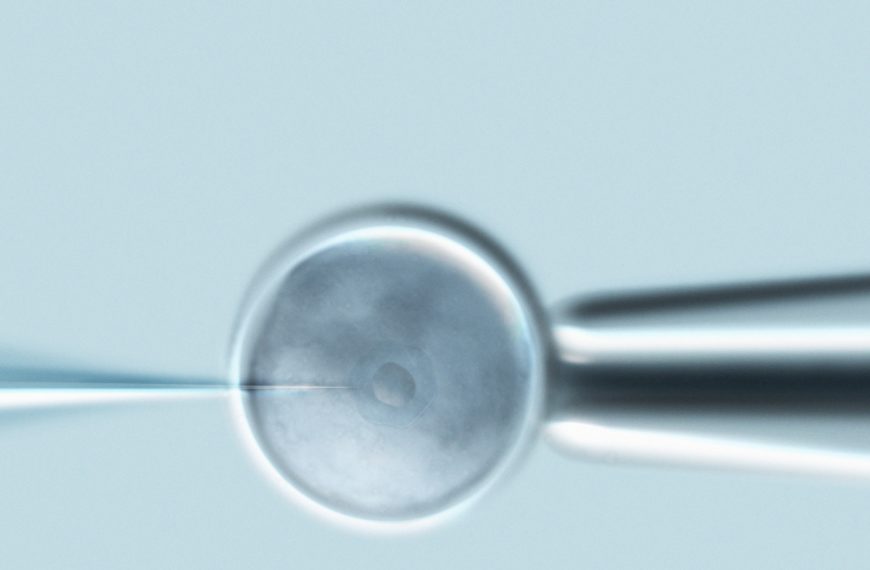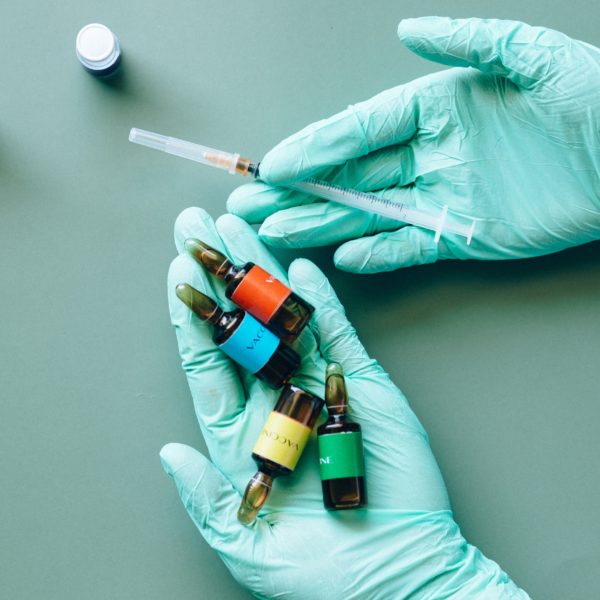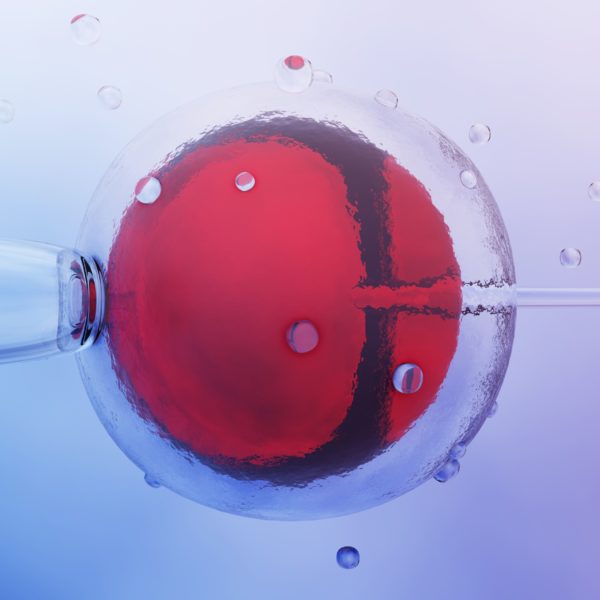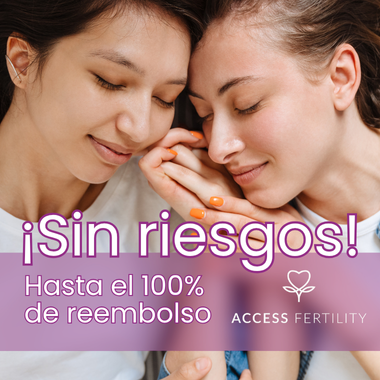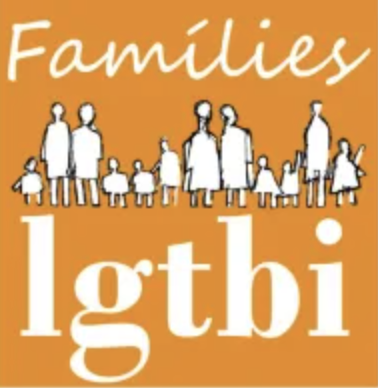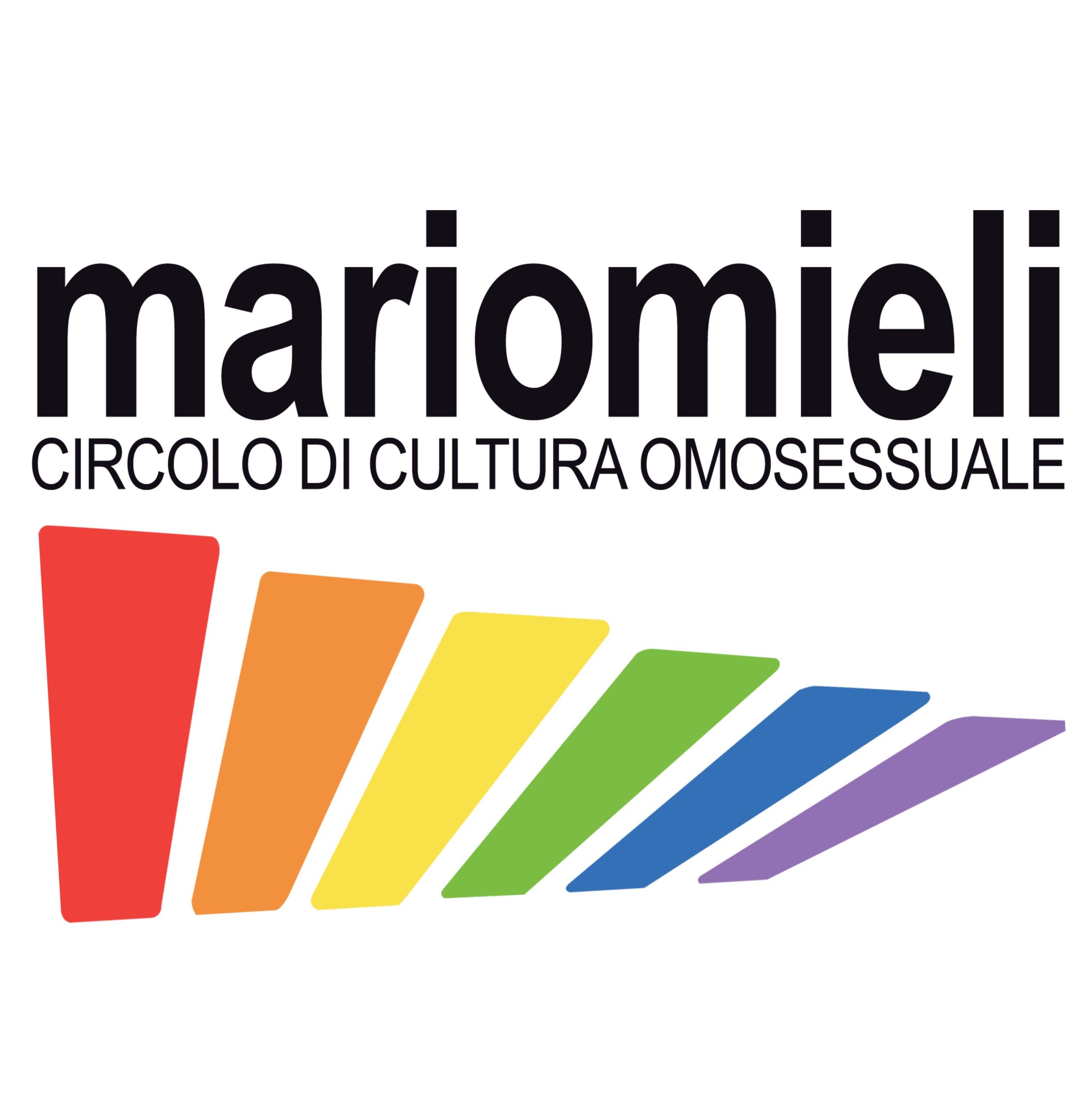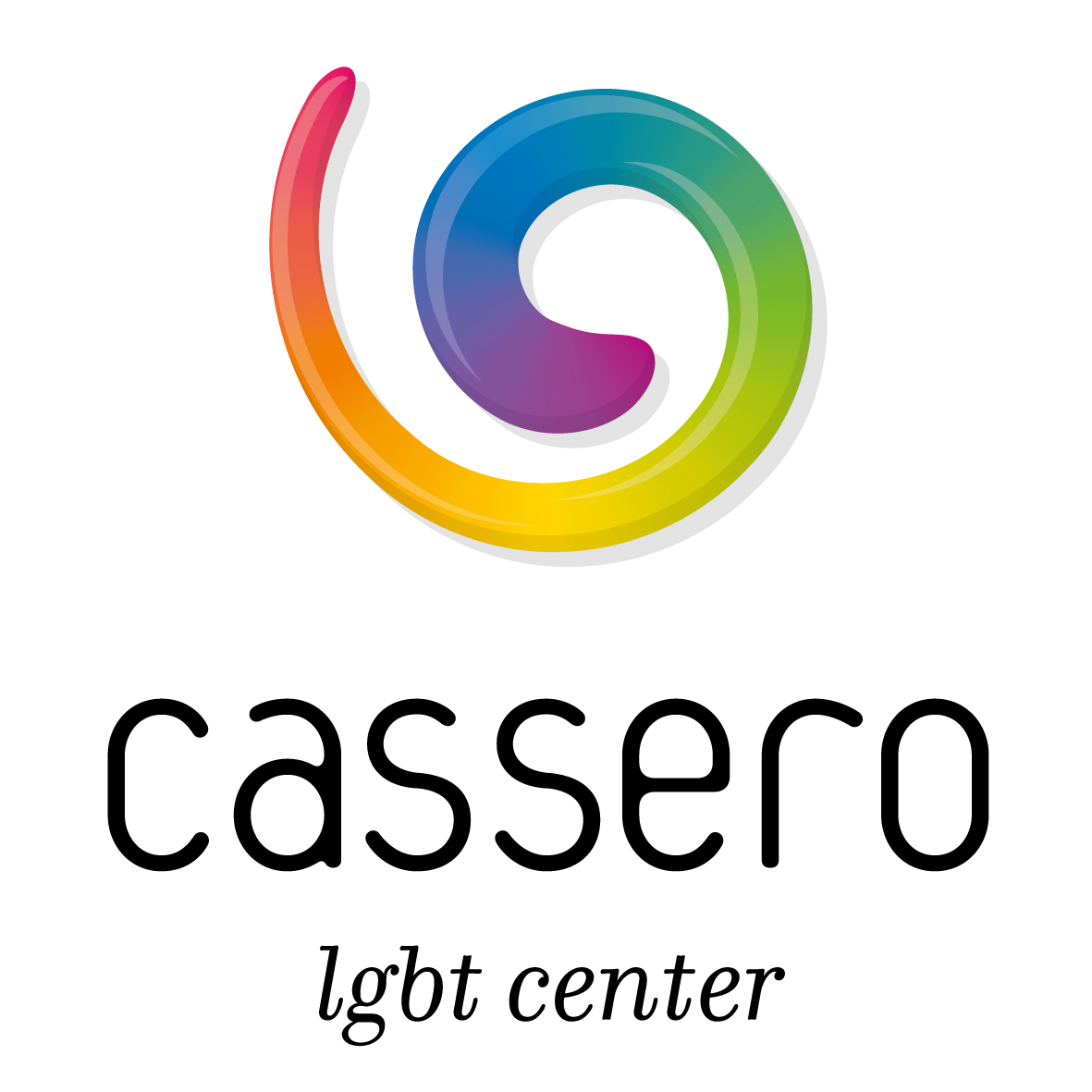Egg donation is an altruistic act in which a young, healthy woman donates her eggs to an assisted reproduction clinic or egg bank to help other people or couples with fertility problems achieve pregnancy. This practice is anonymous and is carried out with a spirit of solidarity, with the aim of helping many women fulfil their dream of becoming mothers.
In this article, we will explore the requirements, the procedure, the necessary tests, and the financial assistance that egg donors receive for the procedures involved.
Table of contents
1. How can I donate eggs?
1.1. Requirements
To donate eggs, a woman must meet certain requirements established by Spanish law and assisted reproduction clinics:
- Age: Be between 18 and 35 years old.
- Physical and mental health: Be completely healthy, with no genetic diseases, infections or mental disorders.
- Normal ovulatory function: Have regular menstrual cycles and adequate ovarian reserve.
- No unknown medical history: Not be adopted, as it is necessary to know the family medical history.
- Number of children: Not have given birth to more than 6 children.
💬 At Rainbow Fertility, we accompany all our donors with a friendly, safe and professional service throughout the entire process.
If you are interested in becoming an egg donor, request an initial information visit here.
1.2 Initial information visit
The donation process begins with an initial information visit to the clinic. During this consultation, the candidate will receive all the information about the process and can ask any questions she may have. This visit is non-binding and only involves an initial interview to check that she meets the requirements.
If the woman decides to continue, an informed consent form is signed to begin the donation process.
1.3 Tests for egg donors
Before being accepted as a donor, several medical and psychological tests must be carried out:
- Gynaecological examination: Ultrasound to assess ovarian reserve.
- Blood tests: To check blood type and rule out infections such as HIV, hepatitis and syphilis.
- Genetic testing: A karyotype to identify possible chromosomal abnormalities and a test to analyse hereditary genetic diseases.
- Psychological testing: An assessment to ensure that the donor is emotionally prepared for the process.
2. How are the eggs obtained?
2.1 Ovarian stimulation
Ovarian stimulation involves the use of hormonal medication to stimulate the donor’s ovaries and allow several eggs to develop in a single cycle. This increases the likelihood of obtaining more eggs for donation.
The donor will administer the hormone injections daily for a period of 8-10 days. During this time, regular check-ups will be carried out at the clinic to monitor the growth of the follicles.
2.2 Follicular puncture
Follicular puncture is a surgical procedure performed under anaesthesia in which mature eggs are removed from the ovaries by aspiration. This process takes approximately 30 minutes.
After the puncture, the donor will rest for a short period in the recovery room and will be able to return home the same day.
3. Financial assistance
Although egg donation is an altruistic and anonymous act, donors receive reimbursement for associated expenses. In the UK, the law prohibits the purchase and sale of eggs, but allows for financial assistance to cover expenses and inconvenience incurred during the process.
Financial assistance varies depending on the clinic and is intended to cover transportation costs, time lost from work, and any inconvenience caused by medication and the procedure.
💶 At Rainbow Fertility, we offer fair assistance within the legal framework, as well as a caring and respectful donation experience.
4. User questions
Does donating eggs reduce a woman's fertility?
What financial assistance do egg donors receive?
What are the benefits for egg donors?
What are the risks of egg donation for donors?
What are the legal risks of donating eggs?
Can my sister be my egg donor?
Do you have any questions?
At Rainbow Fertility, we specialise in treatments such as egg donation, in vitro fertilisation and artificial insemination, among others.
5. Recommended reading
If you are interested in becoming an egg donor, you can read this article on egg donation step by step.
If you would like to know more about the treatment received by egg recipients, we recommend this article on egg donation and its price.
6. Authors and contributors
This article was written by the medical team specialising in fertility at RainbowFertilityBarcelona.com, which is made up of gynaecologists, embryologists and assisted reproduction specialists.
Do you have any questions or need more information?
Schedule a consultation with us at Rainbow Fertility and discover how we can help you. At Rainbow Fertility, we specialise in treatments such as egg donation, in vitro fertilisation and artificial insemination, among others.
Do not hesitate to contact our professionals at our fertility clinic and they will answer all your questions without obligation.
🌈 Are you ready to take the first step?
At Rainbow Fertility, we accompany you throughout the process with empathy, experience and medical commitment.
Schedule your appointment with us and start your journey to fertility.



